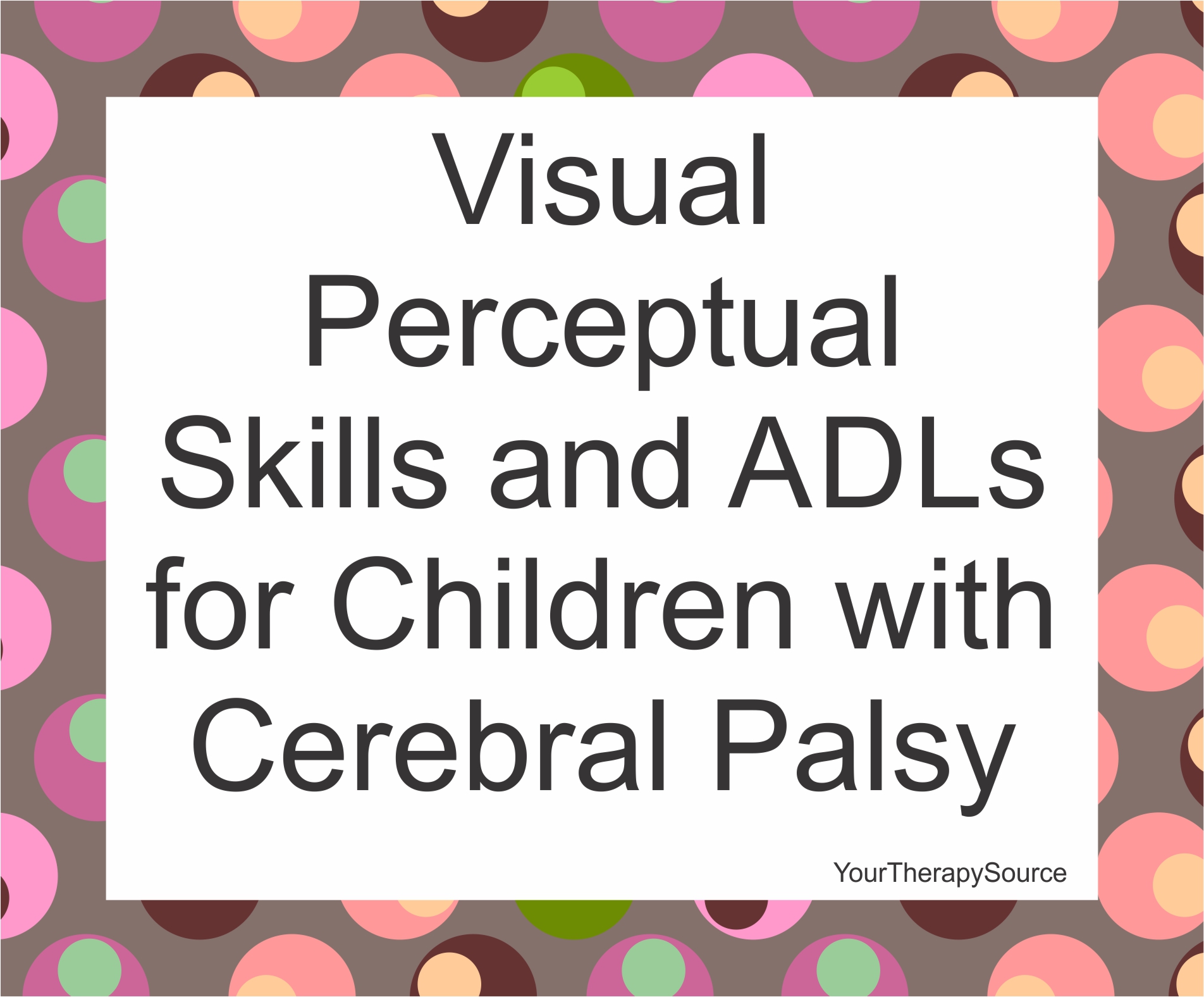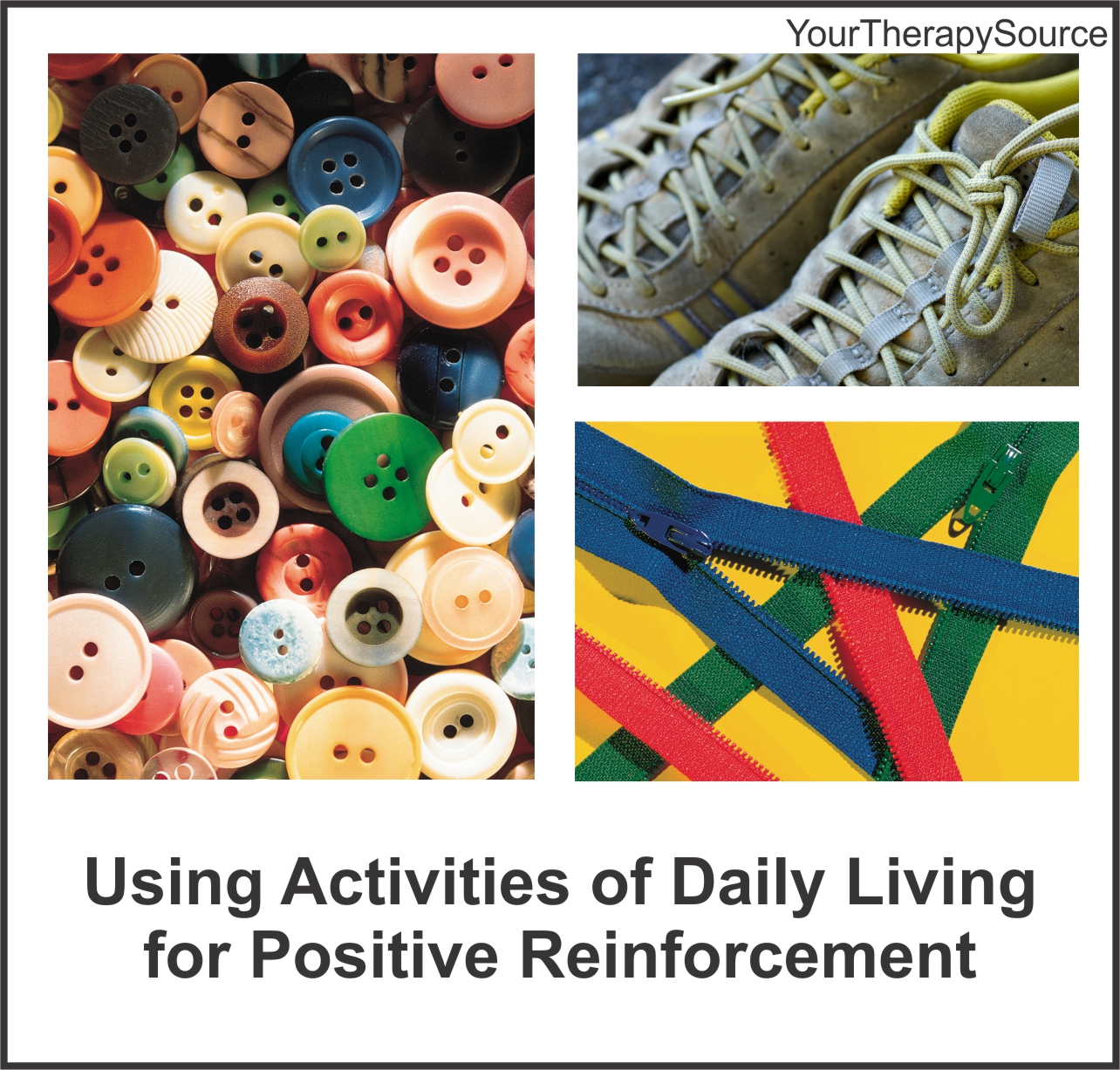Visual Perceptual Skills and ADLs for Children with Cerebral Palsy
The Journal of Physical Therapy Science published research on the effects of a visual perceptual intervention on visual-motor integration and activities of daily living performance of 56 children with cerebral palsy. Each child with cerebral palsy participated in a visual perceptual intervention for 8 weeks, 3 times a week, for 30 minutes per session. The […]



